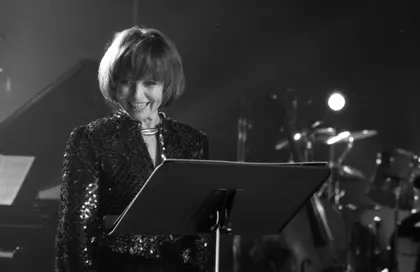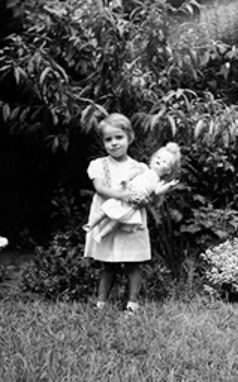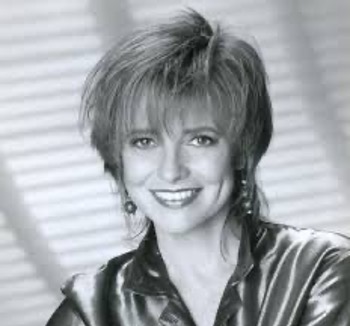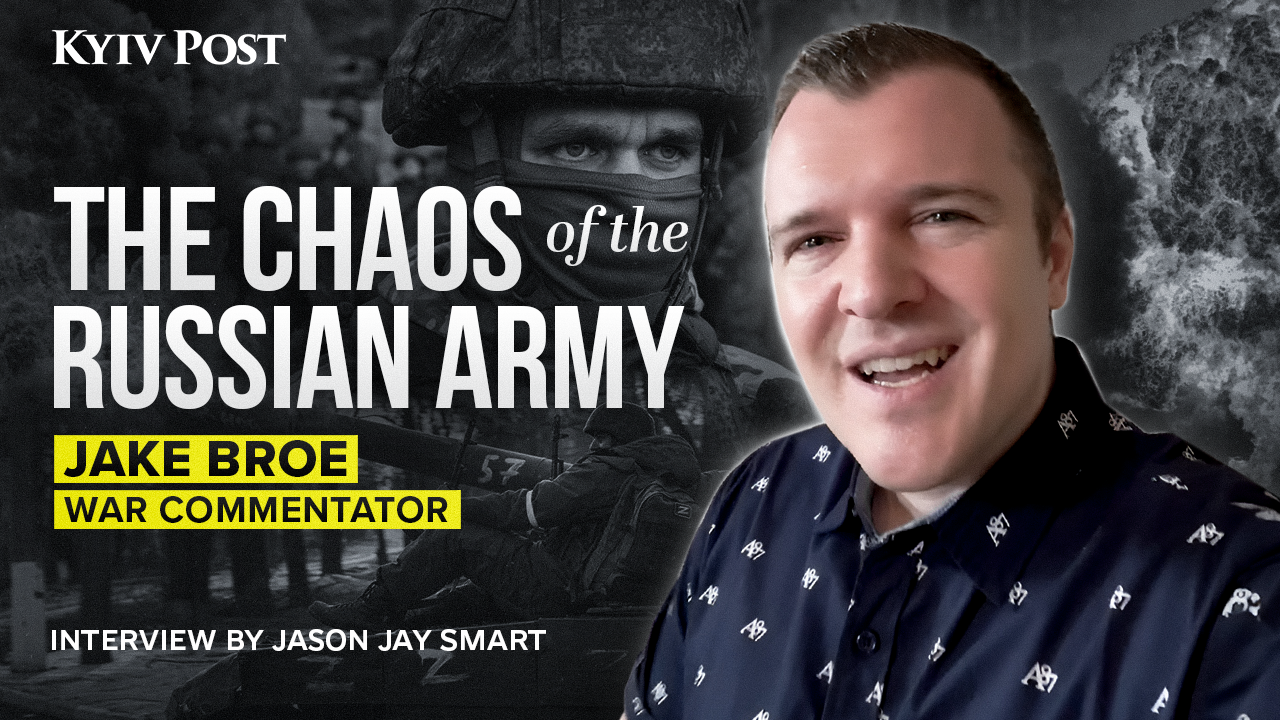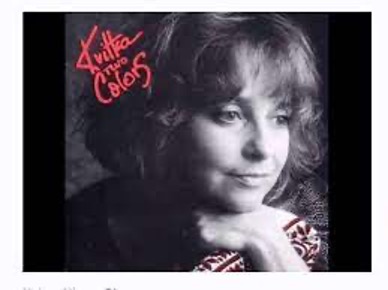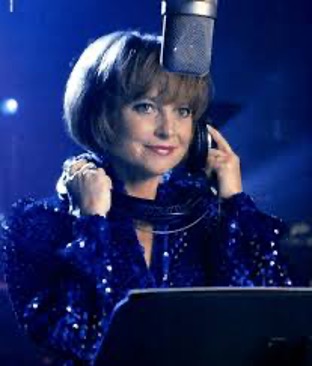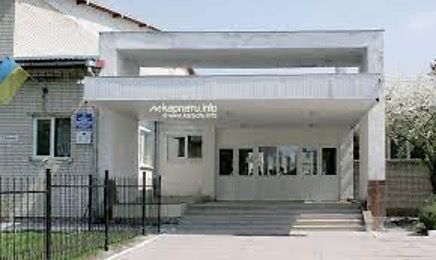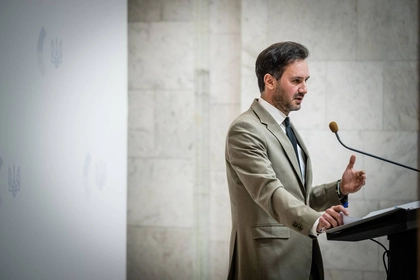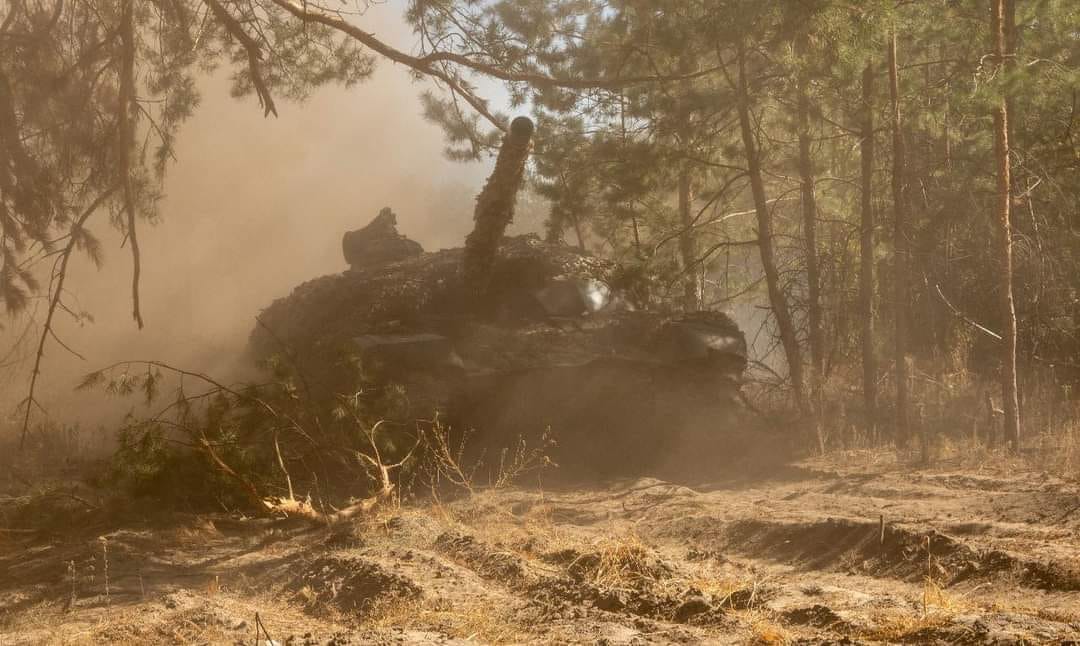Her name, Kvitka, is Ukrainian for “flower.” And her brief life was like a flower that blossomed full of fragrance and faded too early for the world to appreciate her beautiful, touching voice.
Dmytro Pavlychko, one of Ukraine’s best-known poets, whose short poem “Two Colors” later became a very popular song, said that no one had sung it better than she had. “I put so much feeling into those words and she brought it out so sincerely that it was, probably, the only time I cried while listening to a song with my own lyrics,” the poet reminisced.
JOIN US ON TELEGRAM
Follow our coverage of the war on the @Kyivpost_official.
The song is about red and black, the two traditional colors in Ukrainian embroidery, symbolizing love and sorrow. It’s about a shirt that a mother embroidered in red and black and gave to her dear son when he was leaving home for the big wide world. Now the two colors and his mother’s love remain in his heart.
Kvitoslava (Kvitka) Cisyk was born on April 4, 1953 in the New York City borough of Queens, into a family of postwar immigrants from western Ukraine. She learned to play the violin when she was five with the help of her father Volodymyr Cisyk, a brilliant violinist who taught at the Ukrainian Music Institute of America in New York City.
She took her first steps as a vocalist to the piano accompaniment by her elder sister Maria, who was born in 1945 in a displaced persons camp in Germany. Maria became a famous pianist. She headed the San Francisco Conservatory and gave master classes at Carnegie Hall.

Trump Picks ‘Favorite of the Russians’ Tulsi Gabbard for Intel Chief
Having graduated from the High School of Music and Art in New York City in 1970, Kvitka attended Harpur College in Binghamton, New York, and an opera program in Ghent, Belgium. She received a violin scholarship to the Mannes College of Music in New York City, but had switched to classical voice training by the time of her graduation.
Kvitka had a unique coloratura soprano voice. She learned the best of Vienna opera traditions from Sebastian Engelberg and graduated from the New York Conservatory.
She wanted to be an opera singer, but her father’s death left the family without means. So she earned money as a session singer under her professional name Kasey, that she drew from her initials.
Her ability to master different musical styles allowed her a successful career as a background singer working for jazz, pop and rock stars such as Carly Simon, Michael Franks, Roberta Flack, Bob James, David Sanborn, Michael Bolton and others. She worked for Michael Jackson and other artists produced by Quincy Jones and often sang with Jackson.
She worked for numerous commercial projects and was the most popular performer of ad jingles in the United States. From 1982 and until she died, she remained the sole voice of Ford Motors. Her rare soprano thrilled all of North America with delight.
She sang for movies and her title song from the Hollywood film “You Light Up My Life” won the Best Song Oscar in 1977.
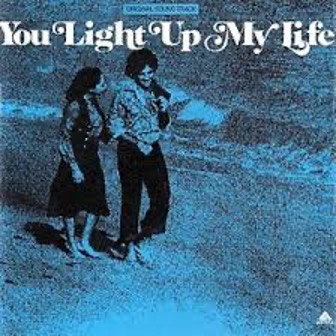
Cover of the single “You Light Up My Life”
However popular in commercials, Kvitka Cisyk became famous for her two Ukrainian albums: “Songs of Ukraine,” which won top honors at the 1988 Ukrainian Music Awards, and “Kvitka – Two Colors” recorded in 1989, which she dedicated to “the spirit of the Ukrainian soul, whose wings can never be broken.”
Both albums were nominated for a Grammy Award in 1990 and both were family projects. Cisyk’s second husband and her son’s father, Ed Rakowicz, a recording engineer, produced them; her first husband, Jack Cortner, arranged and conducted them; her sister Maria performed the solo piano selections; and her mother Ivanna supervised her pronunciation. The recording also involved about 20 very highly paid professional musicians.
In 1983, Cisyk and her mother visited Ukraine, and after the country became independent in 1991, she planned to revisit it with a series of concerts.
In 1992, she was invited to Kyiv to sing in a big concert on the occasion of the first anniversary of independence, but she was already engaged in commercial projects and bound by her contracts in the United States.
She longed to come to Ukraine again, but never did because of the illness that preyed on the women of her family: on March 29, 1998, six days before her 45th birthday, Cisyk died from breast cancer – the same disease that had killed her mother four years earlier and her elder sister five years later.
In grateful memory of her talent, a charity foundation for supporting musically gifted children was established in the United States, and another foundation was established in memory of her sister Maria to raise funds for purchasing mammographic equipment for Ukraine.
In this country, Kvitka Cisyk is remembered and loved, too. A memorial soirée, the first joint Ukrainian-US project dedicated to her, took place in Kyiv in October 2008.
The Culture Ministry organized a Ukrainian song contest in memory of Kvitka Cisyk and presented it at the third festival of Ukrainian culture in the United States in the spring of 2009; in the fall of the same year it took place in Ukraine. On Unity Day, Jan. 22, 2010, her memorial plaque was unveiled in Lviv, and in May 2010, the Lviv City Council voted to name a street after Kvitka Cisyk and open her memorial museum there.
You can also highlight the text and press Ctrl + Enter


